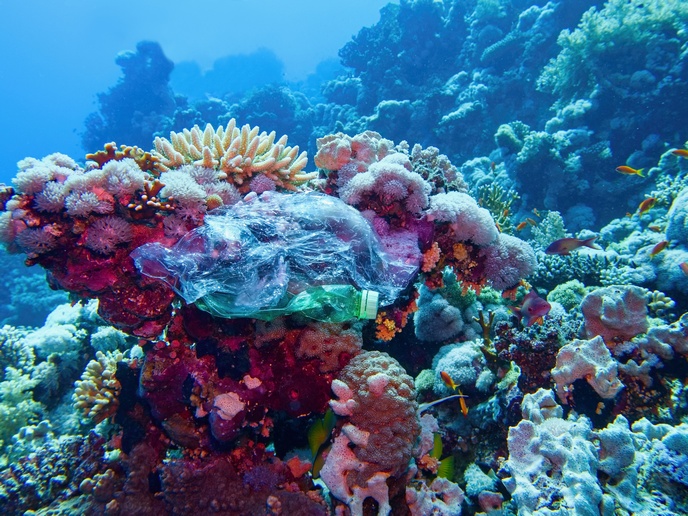New methods to assess plastic pollution at sea
Plastic pollution in our oceans has become a pressing environmental and political issue. Growing awareness that tiny fragments can pose a threat to organisms and entire ecosystems has led to calls for action. An important starting point for tackling this challenge however is understanding the extent of the problem. “Up until now there has been a lack of standardised methods to assess how much plastic is in the sea,” explains LABPLAS(opens in new window) project coordinator Ricardo Beiras from the University of Vigo(opens in new window) in Spain. “This has made it difficult to compare and integrate different studies, and to identify exactly where action should be focused.”
Collecting microplastic contamination
The EU-funded LABPLAS project sought to address this by developing and standardising new approaches to collecting, measuring and assessing microplastic contamination of the environment. These methodologies and tools were then tested in marine waters as well as freshwater environments such as rivers and reservoirs. To begin, the project identified viable new methods for sampling microplastics, and made significant progress in improving and refining these techniques. Potentially the most dangerous particles are those small enough to enter and accumulate in living tissue. Most microplastic particles caught by conventional means such as plankton nets tend to be larger than 100 microns (about the diameter of a human hair). The LABPLAS project developed pump and filter systems capable of capturing particles down to 10 microns in size. Improvements in methods and instruments will likely lead to patents in the near future. “Laboratories involved in the project also developed methods to improve the detection of different polymers, and then standardised their assessments,” says Beiras.
Assessing the distribution of microplastics
Another key objective of LABPLAS was to develop new ways of more accurately measuring the distribution and potential impact of microplastics. Practical computational tools to map plastic-impacted hotspots for example were developed. Pilot testing of the project’s techniques uncovered some interesting findings. Some microplastics were found to accumulate in estuaries, as well as in reservoirs. “These findings could help to better focus prevention policies,” adds Beiras. “Most reports have tended to simply count the number of microplastics rather than measure the mass. This is not very useful for what we call environmental risk assessments, i.e. trying to predict the impact of microplastics on ecosystems.”
Effective action against plastic pollution
The project has also worked to standardise new methods of assessing the potential impact of microplastics on organisms and the environment. “The problem with plastics is not so much with the polymer itself but rather the chemical additives that are used to make it flexible, coloured or temperature-resistant,” explains Beiras. “This is what we should watch. We need to put in place a more comprehensive analysis of these additives before they come to market.” The LABPLAS consortium also focused on the biodegradability of plastic, with the project team underlining the need to put in place standardised assessments. Some so-called biodegradable plastics are hard to completely break down in nature. Taken together, the project has highlighted the need to standardise robust collecting, measuring and assessing operations. This will help to provide policymakers with the evidence they need to take effective action against plastic pollution(opens in new window).







